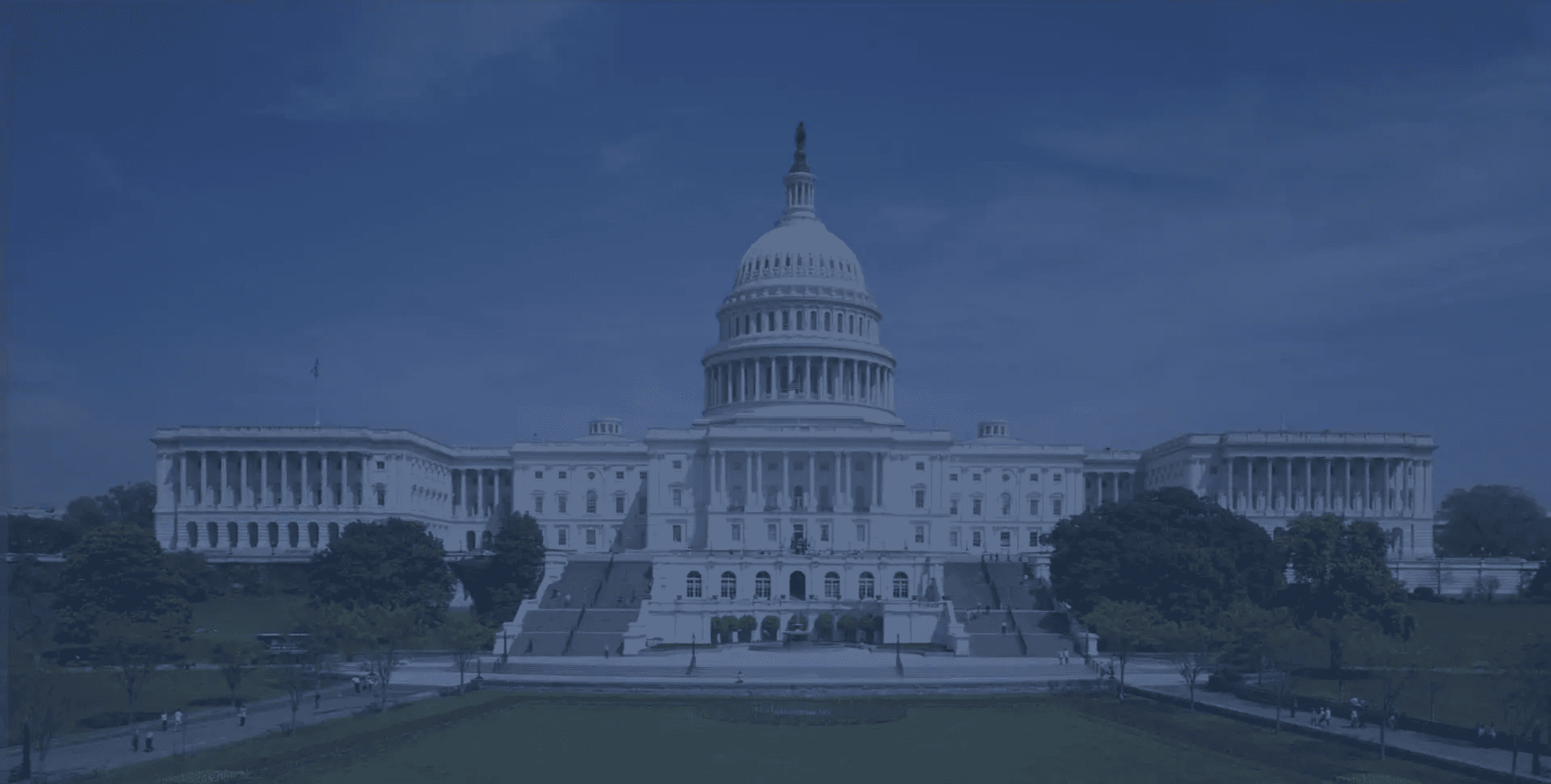
UncategorizedTrump
President Trump Announces Changes to Cuba Sanctions Program
On June 16, President Trump announced two impending, significant changes to the Cuba sanctions program, which will impact U.S. persons traveling to
June 19, 2017 | Cuba, Trade
President Trump Announces Changes to Cuba Sanctions Program
On June 16, President Trump announced two impending, significant changes to the Cuba sanctions program, which will impact U.S. persons traveling to Cuba. In general, to travel to Cuba a U.S. person must fit within one of 12 categories authorized by OFAC.
Individual people-to-people travel, which was under the general category of educational activities and aimed at promoting cultural exchange, will no longer be authorized. This change is likely due to the inherent difficulty of ensuring that "cultural exchange" within the purpose of the rule was actually happening on these informal trips.
The guidance document released by OFAC clarifies, however, that if you travel with an organization (subject to U.S. jurisdiction) that sponsors/promotes people-to-people contact this change would not apply to you, likely to systemize cultural exchange, given OFAC's extensive recordkeeping requirements surrounding these trips.
It is interesting to note that OFAC does not clearly define to what level an organization must promote people-to-people contact to be a qualifying organization under this rule, except for an example scenario given, which notes that the authorized organization in the example has a "full-time schedule of educational exchange activities that will result in meaningful interaction between the travelers and individuals in Cuba."
The second change in the Cuba sanctions prohibits U.S. travelers from transacting with "entities related to the Cuban military, intelligence, or security services." Because of how pervasive these entities are in the Cuban business arena, specifically owning a large portion of hotels and restaurants, it will be extremely important for U.S. persons in Cuba to conduct due diligence and screen any entities prior to conducting any transactions in Cuba.
Importantly, OFAC will publish a complete list of barred entities once the changes take effect, meaning anyone traveling to Cuba will need to diligently plan their trip using this list to avoid prohibited businesses. Although President Trump announced this new policy, OFAC still has 30 days to draft the changes, after which they will be formalized.
Until then, travelers who have already scheduled trips under these prohibited categories will likely be able to make their trips if they have completed at least one travel-related transaction (such as purchasing a flight or reserving accommodation) prior to June 16, 2017, regardless of whether the trip occurs before or after OFAC's new regulations are issued.
In general, though there are authorizations in place for U.S. persons to travel to and conduct transactions in Cuba, these authorizations are limited, and it is important to remember OFAC's willingness to impose penalties even on foreign subsidiaries of U.S. companies.
On June 8th, OFAC published a press release detailing an $87,255 fine against American Honda Finance Corporation for conduct entirely committed by its Canadian subsidiary, Honda Canada Finance (HCFI). HCFI reportedly approved and financed 13 lease agreements between an unaffiliated Honda dealership in Ottawa, Canada and the Embassy of Cuba in connection with the Cuban Embassy's leasing of several Honda vehicles.
Despite the fact that HCFI's conduct was not approved or facilitated by its U.S. parent, the mere fact that HCFI is majority owned by its American counterpart was sufficient to impose liability.
The case also demonstrates the importance of comprehensive screening: mere screening against OFAC's list of individuals on the SDN list isn't enough, as the screening must also include names of countries against which OFAC has administered sanctions – something that Honda, in this case, did not do, but would have most certainly prevented the transaction, as the word "Cuba" appeared on all of the documentation from the Cuban Embassy.
For any U.S. business, this case also demonstrates the importance of conducting reoccurring compliance training to its staff, wherever located, on spotting red-flags that may not always be captured by screening procedures.
Disclaimer: Blog posts should not be relied upon as legal advice and are only provided for informational purposes. Information contained in blog posts may also become outdated with the passage of time as laws change and US foreign policy and national security objectives evolve.

